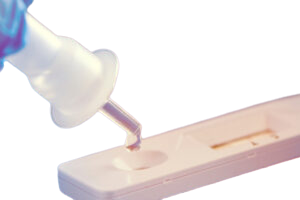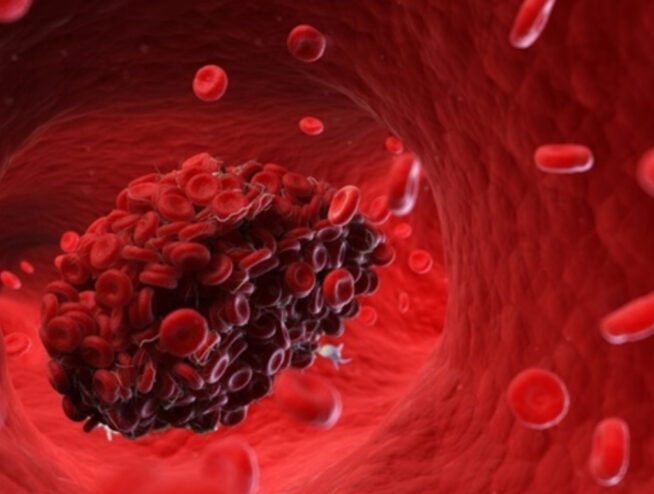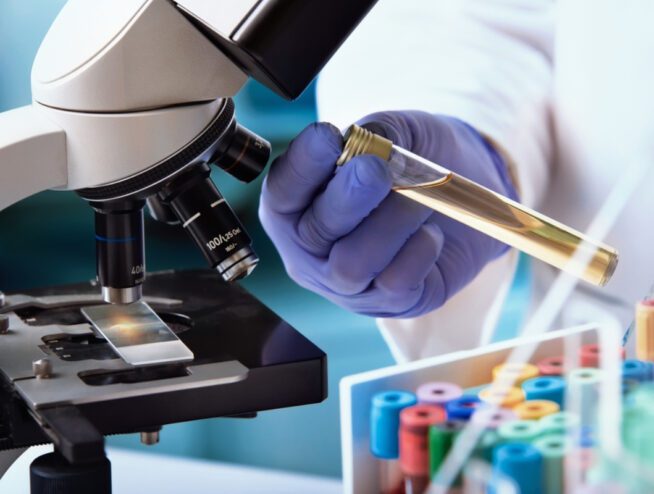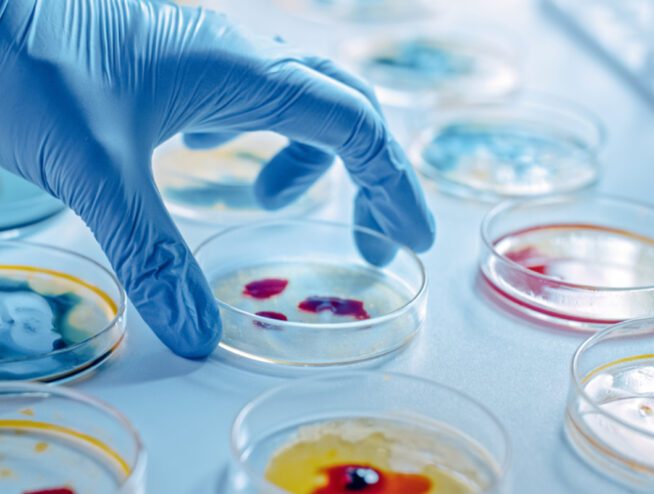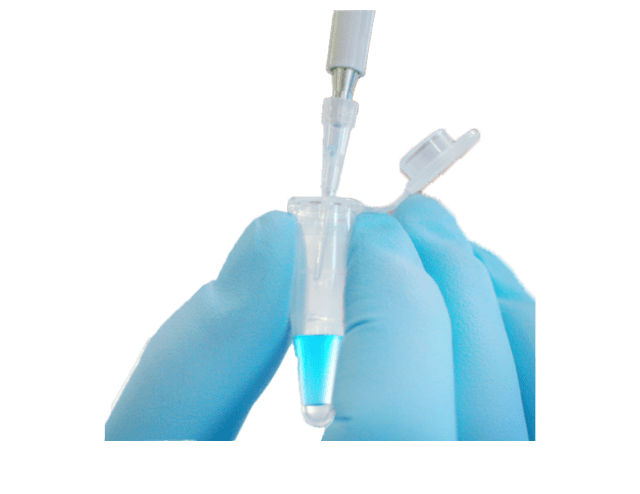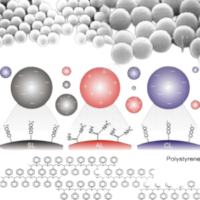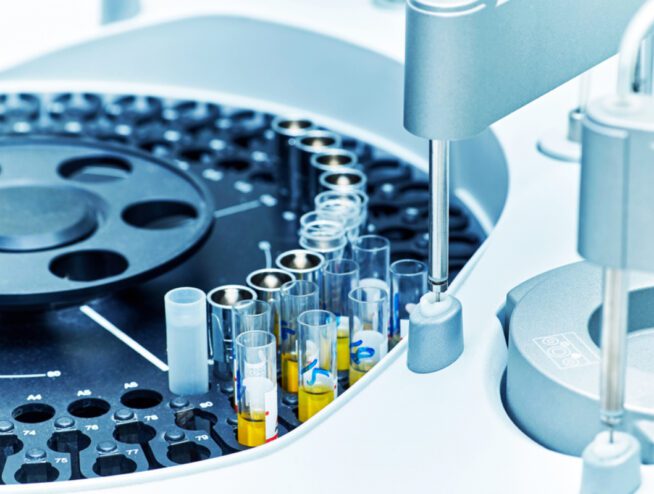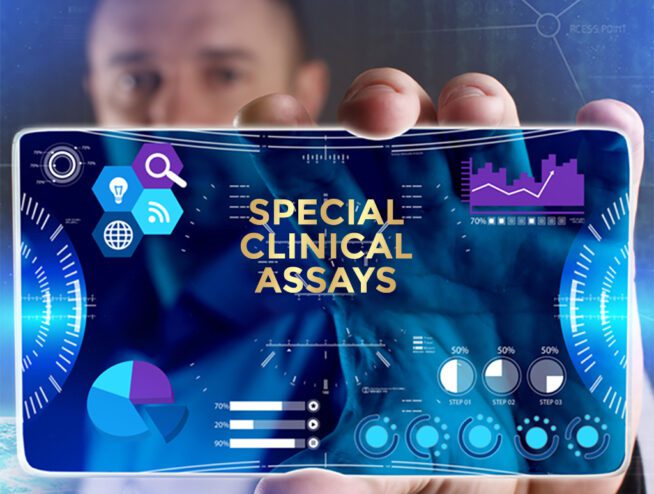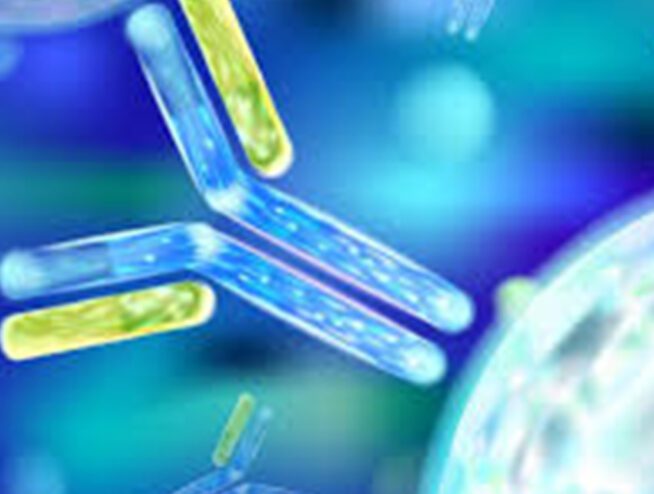OUR PRODUCTS
Benefits and Advantages of High-Q Reagents
Rapid tests are diagnostic laboratory tests that provide quick and efficient results, typically within minutes to a few hours, without requiring specialized equipment or extensive sample preparation. They are commonly used for point-of-care testing and screening.
Coagulation is the process by which blood forms clots to prevent bleeding. In laboratory medicine, coagulation testing measures the ability of blood to clot and is used to diagnose and monitor bleeding disorders and monitor anticoagulant therapy.
Serology is the scientific study of blood serum and other bodily fluids to detect the presence of antibodies, which can indicate the presence of infectious diseases or autoimmune disorders, and for blood typing and compatibility testing.
Clinical microbiology is the study of microorganisms that cause infectious diseases, and their diagnosis, treatment, and prevention. It involves the identification and characterization of bacteria, viruses, fungi, and parasites in clinical specimens.
Clinical Chemistry is the measurement of chemical substances in body fluids such as blood, urine, and cerebrospinal fluid for diagnosis, monitoring medical conditions, and evaluating the effectiveness of treatments.
Latex Enhanced Turbidimetric Immuno Assays (LETIA) are a type of laboratory test that uses latex particles coated with antibodies to detect and measure specific molecules or substances in body fluids, such as proteins or hormones.
Biomedical instruments are devices used in laboratory medicine to diagnose, monitor, and treat various medical conditions. Examples include imaging systems, diagnostic analyzers.
Specialty assays are laboratory tests that are designed to detect and measure specific molecules or substances in body fluids, tissues, or cells, which are not routinely tested in general clinical chemistry testing.
Turbidimetric Immuno Assays (TIA) are a type of laboratory test that measures the amount of antigens or antibodies in a sample by detecting changes in the clarity of a solution caused by the formation of antigen-antibody complexes.

